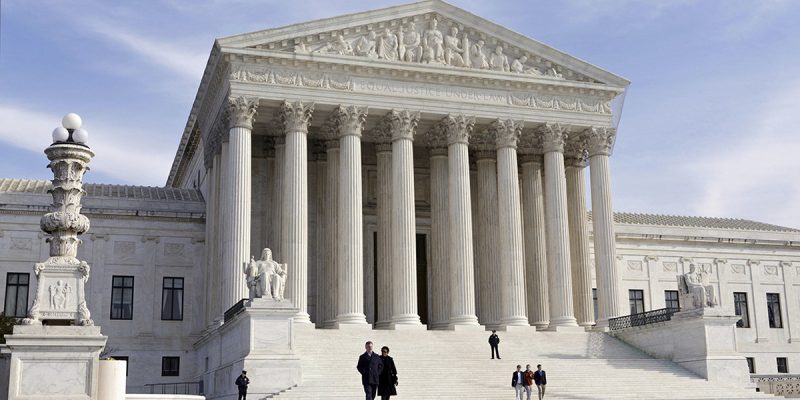Our federal government has been out of control for decades. Agencies like the Environmental Protection Agency (EPA) and a number of others have not been simply implementing the legislation and policy the U.S. Congress and president have agreed to and enacted into law. Rather, these massive, unaccountable agencies have been making law themselves. That is an unquestionable violation of our principle of representative government and our Separation of Powers doctrine.
How have we gotten to this unconstitutional impasse?
I think the major reason is the 1984 U.S. Supreme Court case of Chevron v. NRDC. In that case, as noted by the Wall Street Journal “the Justices ruled that courts should defer to administrative agencies’ interpretation of laws when the statutory text is silent or ambiguous. In practice this has become a license for Congress to write vague laws that delegate legislative power to administrative agencies.” (WSJ, 1-16-24).
So, by deferring to the federal agencies in this way, the Supreme Court made a huge concession—and mistake—and essentially allowed each federal agency to become a sovereign unto itself and to interpret statutes, enact federal regulations and decide disputes in any manner it chose, and with virtually no oversight from the judiciary or the legislative branches of government.
Let me offer an example: if the highly partisan Environmental Protection Agency challenges coal miners in West Virginia because the EPA believes coal production and consumption supposedly contribute to “global warming,” the Supreme Court could conclude that the statute addressing the acceptable amount of coal production is not clear. In that case, the U.S. Supreme Court could “punt” by saying “it’s not clear to us what Congress intended so we’ll defer to the EPA’s decision to limit coal production at a certain number of tons a year.” This is how a Democrat Congress writes legislation with intentionally vague language, knowing that clear, specific language could not pass through the House or the Senate, but that vague language would be interpreted by the federal agency in the manner liberal Democrats in the Congress intended. This legislative deception is toxic to our ‘government by consent of the governed.’
A decision of such magnitude as how much coal production should be allowed in West Virginia, or the U.S., is a monumental policy question that must be decided by the Congress itself. No one elected the Secretary of the EPA. No one voted for the thousands of career bureaucrats who work in that agency. The EPA may well possess substantive, technical expertise regarding environmental issues, but these individuals must not be allowed to be the nameless, faceless, decision-makers who are apparently determined to put the coal miners in WV and across the country out of work because the EPA believes that “coal is bad.”
Advertisement
To underscore this point, I share an anecdote. I worked in the U.S. House of Representatives for almost eight years for two Members of Congress from Louisiana. During those years, I met a number of career employees in the agencies. I recall a conversation with one individual who worked for nearly 40 years for an agency in DC. He told me once, in a rather matter of fact way, that “look, man, the president will be gone in 4 or 8 years; congressmen and senators may be here for a decade or two, but we career employees are here for much longer, so we make the policy.” I remember being taken aback by his answer but realized he was correct. Well, this status quo is completely and sadly unconstitutional.
The cases the Supreme Court heard this past week pose a different issue than the West VA coal miners—but present the very same constitutional principle: can an agency—this time it’s the National Marine Fisheries Services (NMFS)—force a small family-owned herring boat operator to pay for the cost of a federally-mandated monitor on his boat to be sure he’s not catching more fish than allowed. Congress didn’t fund the cost of the monitors and the statute’s not clear, so who pays?
Hopefully, with these cases, the Supreme Court will stop deferring to federal agencies and force the Congress to do the hard work of writing and debating legislation with clear language and intent, sending the bills through the regular committee process to the House and Senate floors to be voted up or down and either signed or vetoed by the president.
Advertisement
Advertisement

